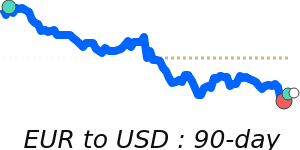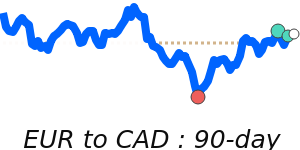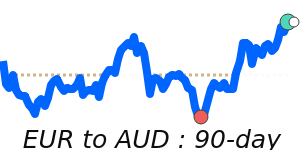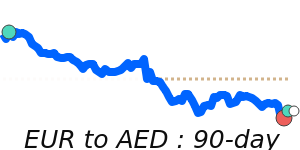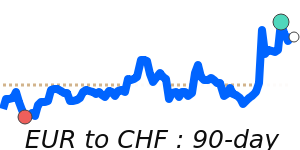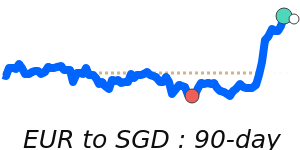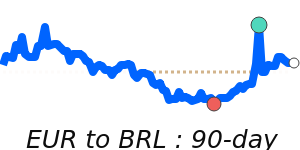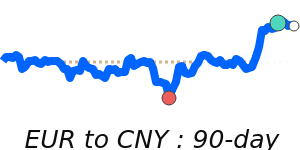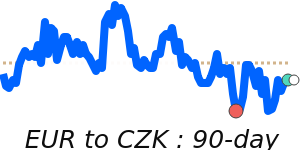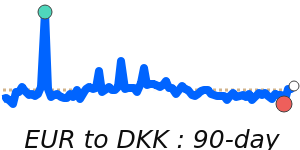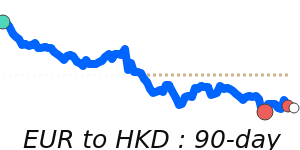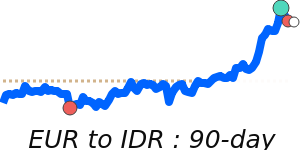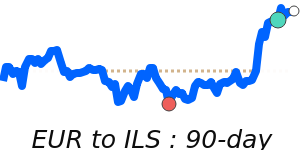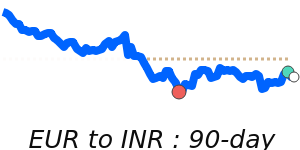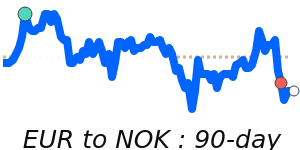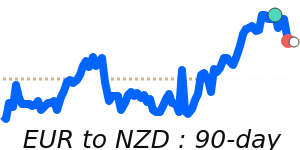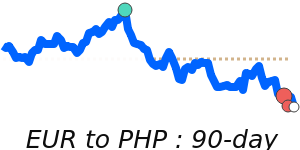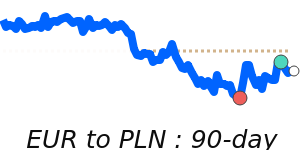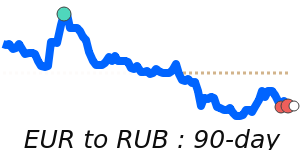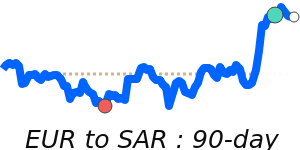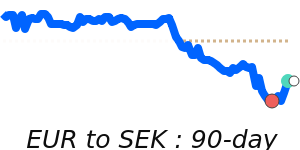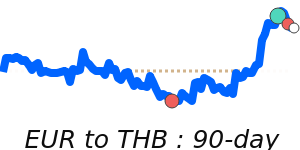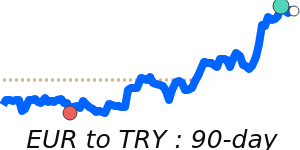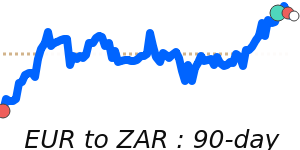Outlook
Outlook: The euro remains pressured by energy-price spikes and weak German demand. The Eurozone CPI release today is a key risk event. A CPI print below target would reinforce calls for looser policy and keep downside for EUR; a stronger print could offer near-term relief. Markets also watch ECB guidance for hints on policy bias.
Key drivers
Key drivers:
- Continental gas prices rose around 40%, lifting energy bills for households and firms.
- Germany posted a contraction in consumer spending at the start of 2026, marking weaker domestic demand.
- The upcoming Eurozone CPI release could tilt policy expectations; a reading below target would reinforce easy-policy bias.
- Oil price advances add to inflation pressures and energy costs.
Range
Range:
EURUSD: 1.1691; range 1.1586–1.2031; near 30-day low; 3-month average 1.1755.
EURGBP: 0.8722; range 0.8628–0.8799; near 3-month average.
EURJPY: 183.8; range 180.6–186.2; above 3-month average.
What could change it
What could change it:
- A CPI print above expectations could lift EUR.
- A sharper drop in energy prices could ease costs and support EUR.
- A hawkish ECB tilt could push EUR higher; a softer tone could weigh.
